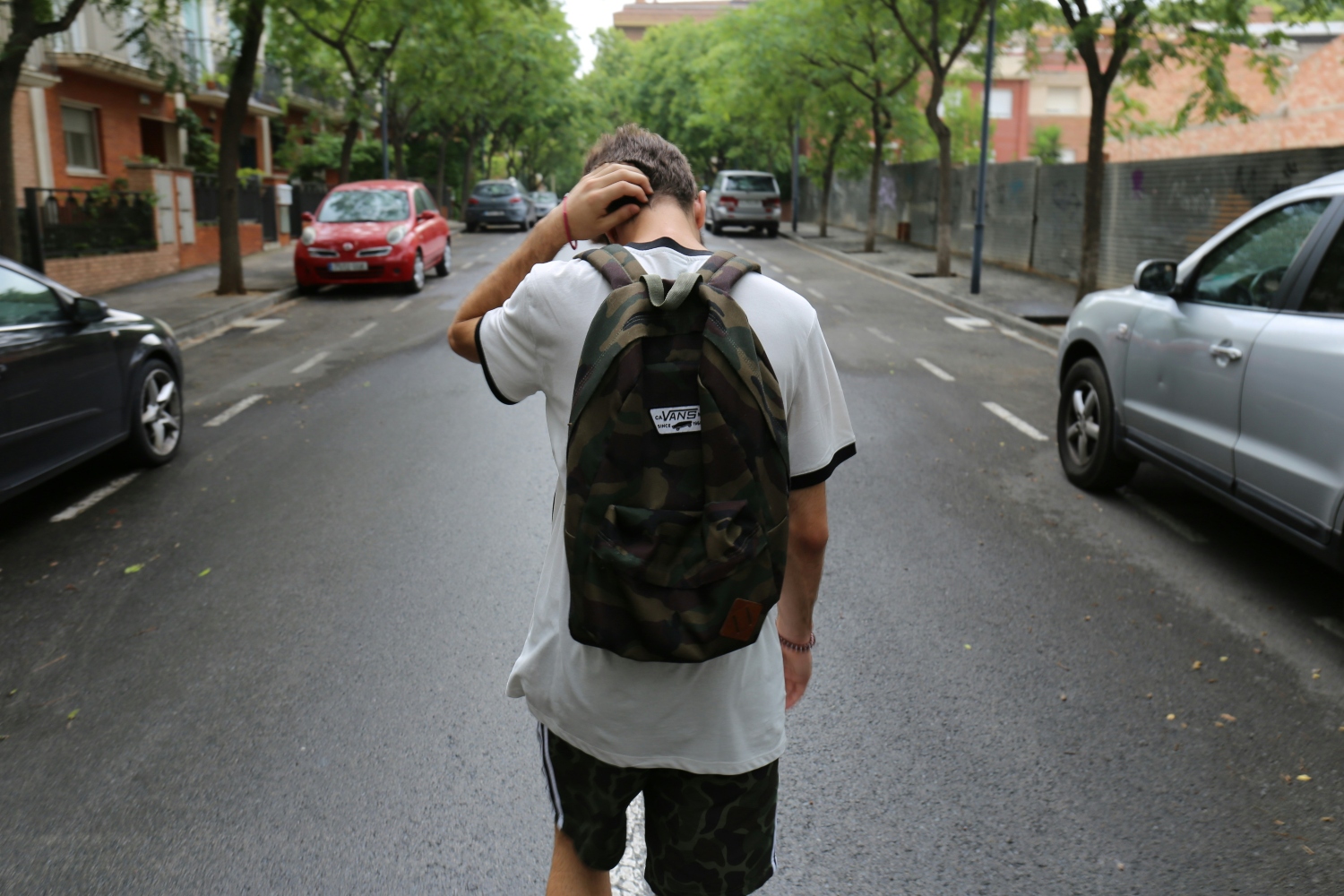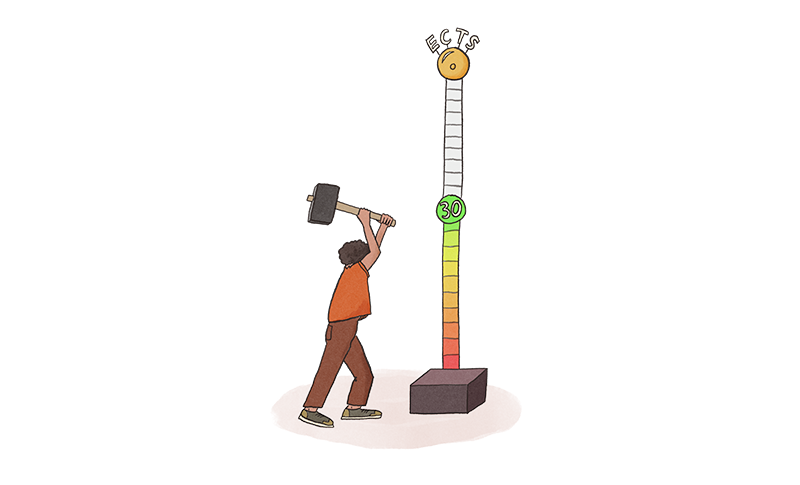Students who are turned away frequently enrol in the same programme elsewhere and are often not at all ‘unfit’ for an academic programme.
Students are required to accrue a certain number of credits during their first year. If they fail to do so, they are turned away. The minimum requirement is generally around 42 credits, although some programmes set the bar at 60. Does the BSA achieve its goals? Does it filter uit the students who are unfit, and do these students choose a different programme? No, according to an article published by VU researcher Melvin Vooren and three colleagues in the economist magazine ESB. Most students who are turned away go on to follow the same programme at a different college or university.
Not unfit
Moreover, the expelled students are not necessarily unfit for the programme they selected. Thanks to the COVID crisis, the researchers were able to study the effects of temporarily lifting the BSA. During the pandemic, the BSA was lifted, and all students were permitted to advance to their second year. Students who would ordinarily have been turned away due to the BSA requirements could now graduate.
The researchers studied VU students. Students who did not manage to get the required 42 credits but still managed to get at least 30 credits did well. That group would ordinarily have been expelled. Over 80 per cent obtain their bachelor’s degree. Of the first-year students with less than 24 credits, some 60 per cent still manage to graduate, which is not bad. They take longer to do so but still complete their studies.
Dropping out
According to the researchers, this moving around of students is inefficient and causes market failure: students are forced to move, pay extra tuition fees, and must overcome the mental blow. The effects are disproportionate. Furthermore, three-quarters of the first-year students who did not make the cut during the COVID crisis dropped out of their own accord. The data from the VU Amsterdam are similar to those obtained from the Hogeschool Rotterdam. There, 75% of the students who did not meet the BSA requirements dropped out voluntarily, while students with 30 credits or more still mostly graduated, the board in Rotterdam declared last year.
Politics
The binding study advice has been the subject of debate for years, in part due to the performance pressure and mental health issues it causes among students. Those who oppose it argue that students must be given more time to become accustomed to tertiary education if needed. However, universities oppose easing the requirements and wish to continue using the BSA to ensure that first-year students get off to a good start. Former minister of Education, Robbert Dijkgraaf, sought to compromise and suggested a 30-credit threshold for the first year as well as a 30-credit threshold for the second year. The fall of the cabinet prevented this from being implemented. The new coalition aims to keep the BSA in its current form.

 Photo Unsplash/Jesus Rodriquez
Photo Unsplash/Jesus Rodriquez 

